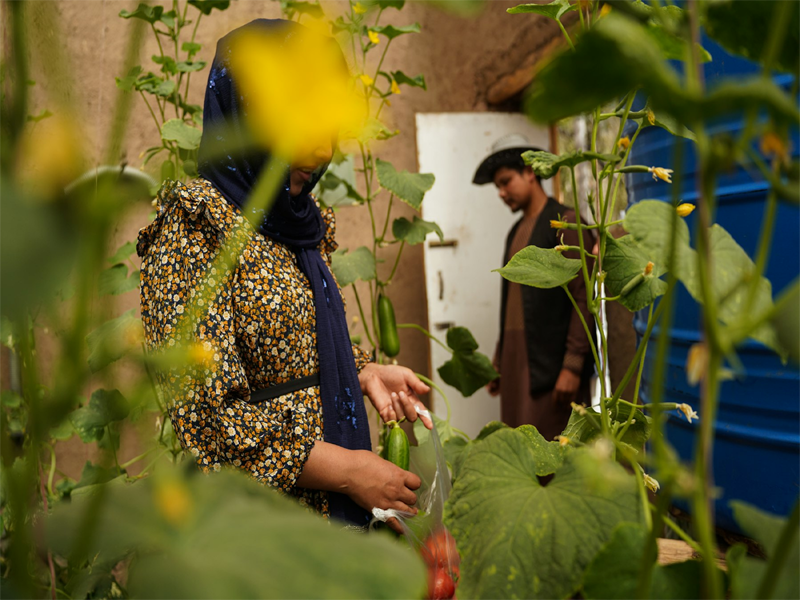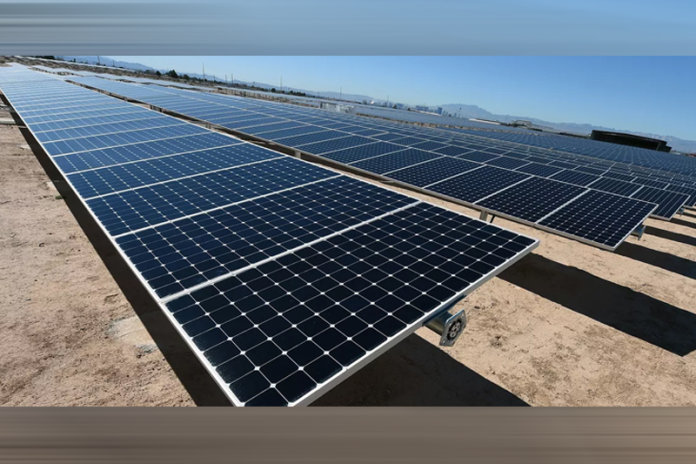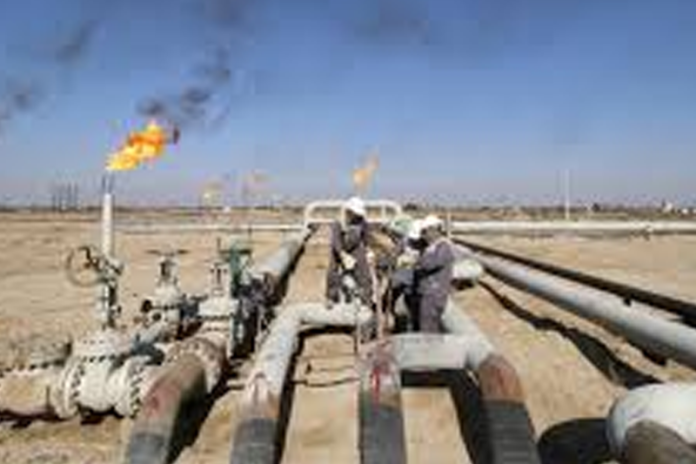Food security in a changing climate: Building resilient agricultural systems

- 211
- 0
In a world where climate change poses significant challenges to agricultural production and food security, the need to build resilient agricultural systems has never been more pressing.
As global temperatures rise, extreme weather events become more frequent, and precipitation patterns shift, farmers face mounting uncertainty about crop yields and livelihoods. Addressing these challenges requires a multifaceted approach that prioritizes sustainability, innovation, and community resilience. Climate Change and Food Security: Climate change has profound implications for food security, affecting every stage of the agricultural value chain. Rising temperatures and changing weather patterns can disrupt crop growth cycles, increase the prevalence of pests and diseases, and reduce water availability for irrigation. These impacts not only threaten the productivity of farms but also exacerbate food insecurity, particularly in vulnerable regions with limited resources and adaptive capacity.
Building Resilient Agricultural Systems: Building resilient agricultural systems involves implementing strategies that enable farmers to adapt to changing climatic conditions and mitigate the negative impacts of climate change. Several key approaches can contribute to this goal: Diversification of Crops: Promoting crop diversification can enhance resilience to climate variability by reducing the risk of crop failure associated with extreme weather events. Farmers can cultivate a variety of crops with different climate tolerances, ensuring a more robust and reliable food supply. Adoption of Climate-Smart Practices: Climate-smart agricultural practices incorporate techniques that improve resource efficiency, enhance productivity, and reduce greenhouse gas emissions.
Examples include conservation agriculture, agroforestry, precision farming, and integrated pest management, which help farmers adapt to changing conditions while minimizing environmental impact. Investment in Research and Innovation: Investing in research and innovation is essential for developing new technologies and techniques that can bolster agricultural resilience. This includes breeding climate-resilient crop varieties, improving water management systems, and harnessing digital tools and data analytics for precision agriculture. Strengthening Rural Infrastructure: Enhancing rural infrastructure, such as irrigation systems, storage facilities, and transportation networks, is critical for improving agricultural productivity and market access. Investing in resilient infrastructure can help farmers cope with climate-related shocks and disruptions more effectively. Building Community Resilience: Building community resilience involves fostering collaboration, knowledge-sharing, and social networks among farmers, policymakers, researchers, and other stakeholders. Community-based approaches to adaptation, such as farmer field schools, cooperative extension services, and climate information services, empower farmers to make informed decisions and collectively address challenges. Policy Implications and International Cooperation: Addressing food security in a changing climate requires coordinated action at the local, national, and global levels. Governments play a crucial role in formulating policies that support climate-smart agriculture, provide incentives for sustainable practices, and invest in rural development and social safety nets.
International cooperation, including financial assistance, technology transfer, and capacity-building support, is also essential for assisting vulnerable countries and regions in adapting to climate change and achieving food security goals. As climate change continues to reshape the agricultural landscape, building resilient agricultural systems is paramount for ensuring food security and sustainable livelihoods. By embracing innovative approaches, investing in research and infrastructure, and fostering collaboration and community resilience, we can mitigate the impacts of climate change on agriculture and build a more resilient and food-secure future for all.

















































